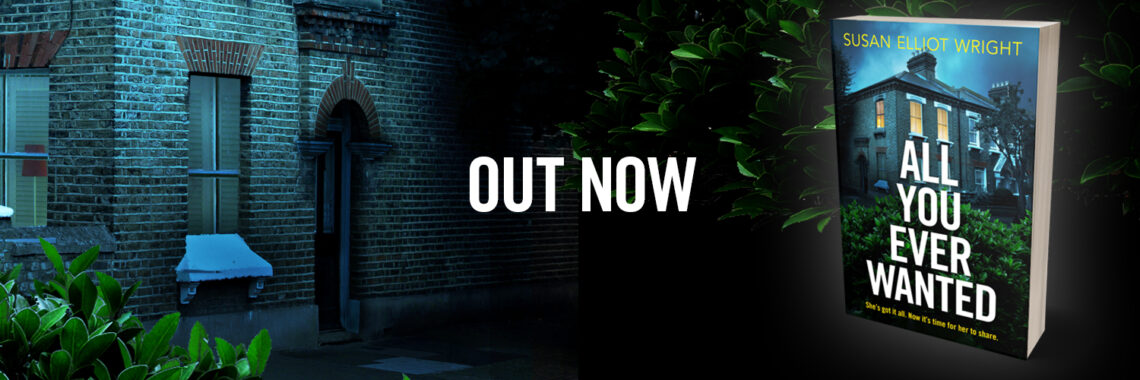As I write this, the sky outside my window is an unbroken blue and the sun is bouncing off rooftops and windowpanes. Snowdrops are out, and even daffodils are stretching their heads upwards. Everything is growing, everything is full of life. This is the perfect time to be ‘creating’, and I’m trying to harness all that wonderful creative energy so that I can pour it into my novel.
In last week’s post, I talked about the feedback I’d received and the massive amounts of work I now realise I have to do on novel number three. I said that undertaking a major re-draft is a bit like climbing a mountain. Last week, I was standing at the foot of that mountain looking up into the foggy distance and wondering where I would be now, a week later.
Well, the summit is still shrouded in mist, but I have taken a few steps up the mountainside. I’ve been working pretty hard this week, although it feels a bit frustrating, because I still haven’t done any actual rewriting. There’s been a great deal of thinking and planning, making new timelines, writing scene summaries and moving index cards around.
Finding a timeline that will work has been incredibly difficult. I thought I had it sorted until I realised that it made one of the characters much too young for what happens at the time. The timeline is a microcosm of the whole novel in that if you change one thing, everything else shifts as well. Anyway, I think I have a workable timeline now. I’ve written a list of the key scenes chronologically, including dates of birth and deaths, and now I just (ha! “just”!) have to work out the order in which these things are revealed to the reader. This is fairly complicated, because there are two viewpoints and the story happens both in real time, and over a number of years before the novel opens. One day, I’m going to make life easy (well, easier) for myself and write a novel that is set in real time and where the story happens as we go along!
The amount of work I have to do is daunting but I’m also feeling excited about it again now, because even though I can’t quite see the top of my writing mounting, I’ve started the trek, and that feels good.
If you’re at a similar stage with your work, it might help if I share this comforting advice from my lovely agent when we were discussing this recently. She told me to look after myself and be kind to myself, because this stage is the literary equivalent of the metaphorical ‘eating for two’ in pregnancy – not literally ‘eating’, of course, but nourishing and nurturing yourself in order to feed the baby (novel) you’re growing, and building up your strength in readiness for the massive output to come,
So I’ve been trying to do that. Yes, I’ve been working every day, but I’m also allowing myself time to read, time to think and the odd non-working trip to a coffee shop – maybe even featuring cake!
I’m going to leave it there for this week. I’ll post again in two weeks’ time when I come back from my retreat in the Forest of Dean. details here I’ll have four clear days where I don’t have to think about shopping, cooking, walking the dog or any other domestic responsibilities. I’m hoping I’ll have significant progress to report on 23rd of February.
Oh, and before I go, I should mention that I’m running a couple of one-day writing workshops in Sheffield soon, on 28th of February and 28th March. These days are always fun, always productive, and, people tell me, incredibly inspiring. If you know anyone who might be interested, the full details are here.
Happy ‘almost Spring’ everyone, and happy writing!
If you’d like to keep an eye on what I’m up to, please visit my website, ‘like’ my Facebook page or follow me on Twitter @sewelliot




